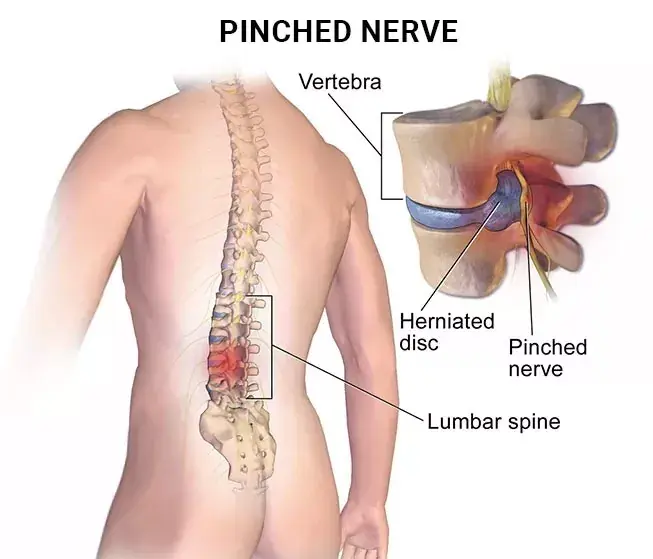Struggling with Anxiety?
- Dr. Jill Evans

- Sep 6, 2021
- 4 min read

Anxiety is a frequent and persistent feeling of worry or nervousness about real or perceived outcomes to everyday situations. It can leave you feeling isolated and tangled in intrusive thoughts and behaviors. Anxiety is the mind and body's reaction to stressful, dangerous, or unfamiliar situations. It is used to keep us alert to dangerous things that may happen around us but our brains don't always see that walking into a room isn't a danger that needs a fight or flight response. It is important to not try and "fix" anxiety right away as if it is bad to have it. We need to understand anxiety, how it affects our bodies personally, and then how we can live life with it. Although this feeling makes us want to hide from the world, anxiety is a normal part of human existence and it doesn't mean something has gone wrong in your life.
Understanding Anxiety in Your Life (activity)
Anxiety and worries can make it hard to function in everyday life when we don't understand what is going on. Becoming familiar with our thoughts prior to the physical experience (and yes, there is a physical reaction to anxiety) will help us to see what it is that we are much of the time when people are asked what is making them feel anxious, "I don't know" is the common reply. Let's take a moment and really let your brain process and answer that question.
Activity:
1)Take 2 minutes, list any worries that come to your mind.
Ideas when you are drawing a blank:
What worries you about your family/child?
What worries you about your school/work?
What worries you about your environment/community/world?
Write down everything that comes to your mind. There are no right or wrong answers.
2) Circle your top 5 worries. (You'll be amazed at how many others share these same worries with you.)
It's important to understand that your worries are VALID. They matter and they are not silly. The answers to these questions will help you to see what is going on in your mind that may be causing the physical reaction.
Answer this: How can evaluation your worries be one of the first steps in managing anxiety?
How Anxiety Affects You Personally (activity)
Anxiety, or worry, can affect each of us differently and in different areas of our lives. This can keep us from achieving goals in our lives.
Activity:
Take out a piece of paper and write down these 6 categories:
1) Thoughts- (describe what this means to you)
2) Emotional- (describe what this means to you)
3) Physical- (describe what this means to you)
4) Behavioral- (describe what this means to you)
5) Relationships- (describe what this means to you)
6) Social Interactions- (describe what this means to you)
Choose one of these categories and write 1-2 ways that anxiety affects these areas of your life.
(Examples: physical reaction: I feel the build tension in my chest and start to have shallow breathing. Thoughts- I start playing a story in my mind about how everything is doomed and people are against me.)
The examples above are common and typical. So again, we want to remind you that you are not alone in the feelings you have. There is nothing wrong with you. It is important to recognize how anxiety, or worry, affects your life.
How to Live with Anxiety (activity)
Anxiety can make us feel uncomfortable or even unsafe. But again, it is a normal feeling of human existence. While we can start to realize that feeling of anxiety, we still haven't learned to welcome the feeling without needing to run from it. When our brains prompt us to react, it is ok to talk back to the fears. Positive self-talk can help reduce anxiety. Again, totally normal. It is important to have a plan in anxious situations to make it easier to make choices that serve us and our goals. A good plan always involves realistic ways to handle anxiety.
Activity:
1) Brainstorm and write out thoughts and situations that cause anxiety.
2) Underline the things that are out of your control. It is important to understand the things you have no control over. (example: what other people are thinking or saying, what is going on in the world outside of your home)
3) What can you do about the things in your control?
Other Ways to Help with Anxiety
Exercise- It's not just about getting fit. The overwhelming majority of those that experience anxiety do not engage in enough physical activity, and many experts believe that this is one of the issues that cause anxiety. Physical activity improves the immune system, releases calming neurotransmitters (known as endorphins), tires the muscles, and burns away stress hormones. It's incredibly important for controlling stress and anxiety and incredibly important for coping.
Improving Diet- Improving diet does play a role in anxiety. Those with panic attacks should avoid excess caffeine because they seem to be a trigger of panic. Fattening foods, refined sugars, alcohol, and fried foods also exacerbate anxiety symptoms. Eating habits don't usually "cause" anxiety, but they make it worse, and the worse your anxiety symptoms are the more your anxiety will bother you.
Accepting Anxiety- It's important that you accept your anxiety rather than run away from it. Anxiety may cause you to have fears but many people also fear anxiety, and that fear can actually make your anxiety works. Learn to talk about it openly, and don't try to hide when you're suffering. The more you're able to find your anxiety less intimidating, the easier it will be for you to overcome it.
Combat the Negative Thoughts- There are ways to train yourself to think positively, including trying on a positive feeling (see how calm feels in your body), writing in a positivity journal, and spending time with more positive people. These really will have an impact on your life in general.
Chiropractic Care- Upper cervical chiropractic care can help reduce anxiety based on neurological responses. Pressure on nerves at the upper cervical region is often directly related to stressors that we deal with on a daily basis. Removing interference in the nervous system is achieved using safe and gentle adjustments.






Comments